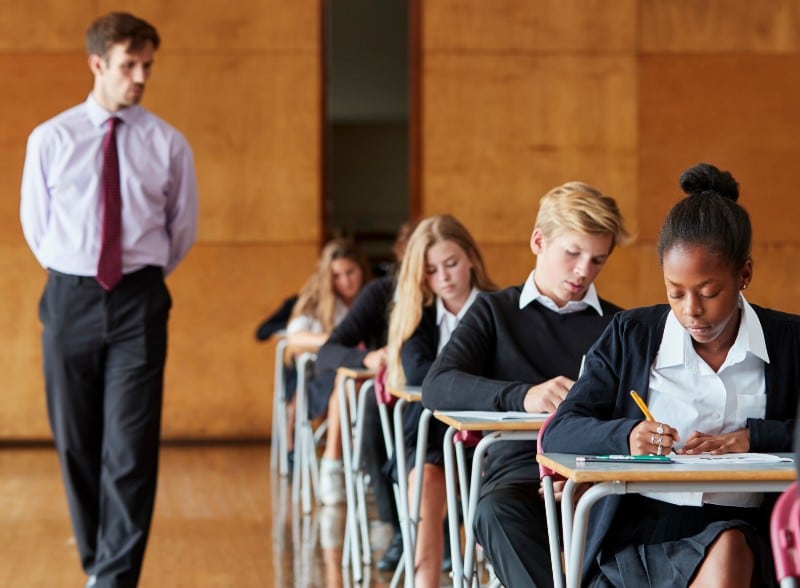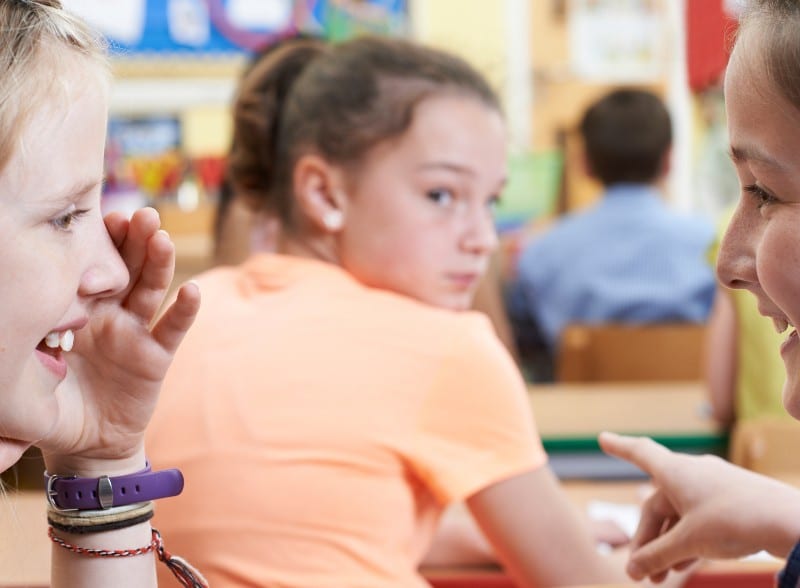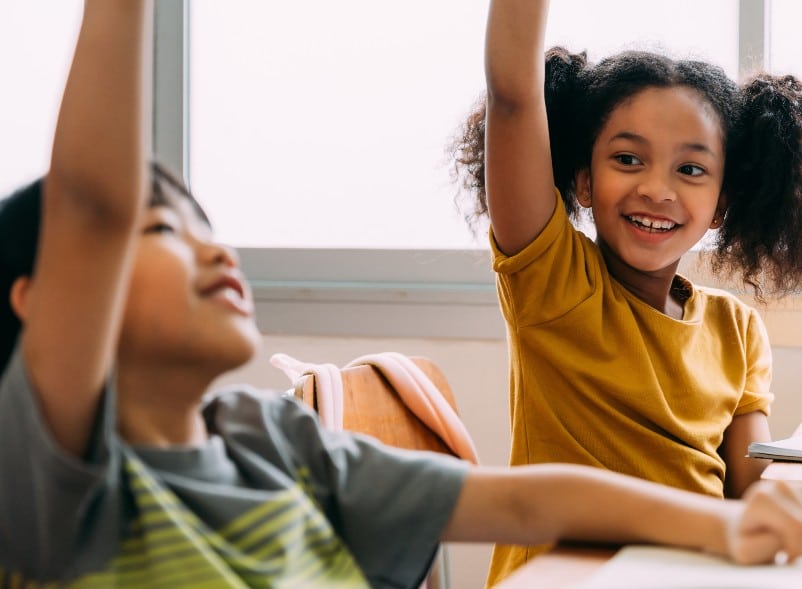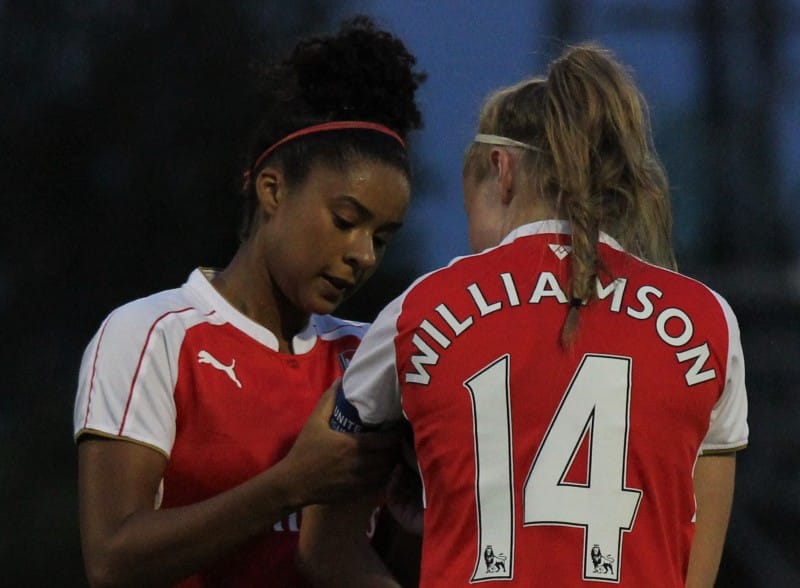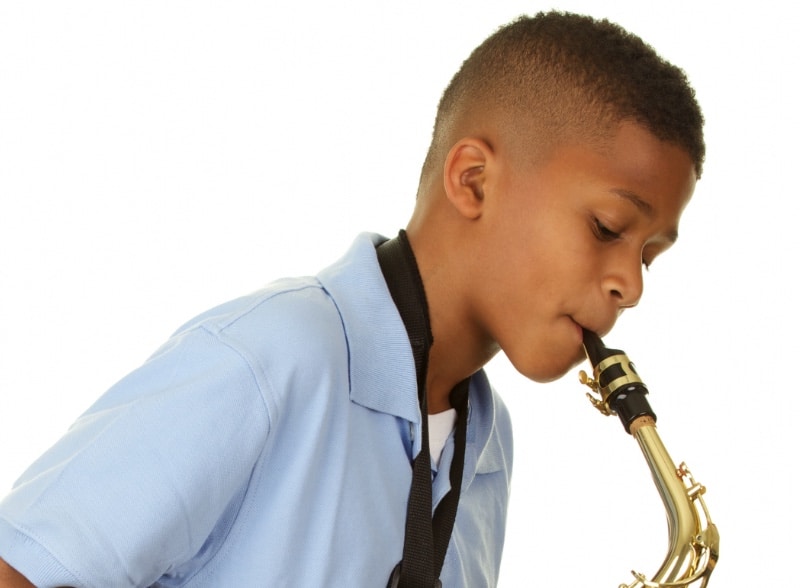
Treating Friends and Classmates Kindly (for Teens)
Relational aggression is an insidious type of bullying. Rather than causing physical harm, relational aggression is intended to hurt someone’s personal relationships or social standing. It can take on many different forms and can often be subtle and hard to recognise. In this exercise, we encourage you and your teen to consider different types of relational aggression and reflect on your family values when it comes to kindness and how to treat others.



